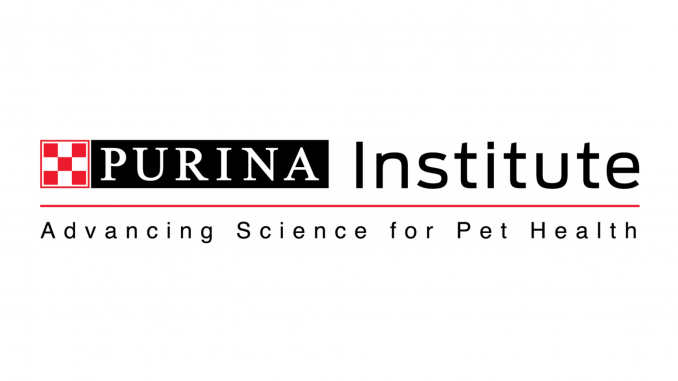
Live round table event to discuss the latest updates to diarrhoea management
The Purina Institute Microbiome Forum Round Table on ‘Changing paradigms in diarrhoea management’ will take place on 14 February 2024 from 6.00-7.30 pm, offering a valuable evidence-based update to the management of acute and chronic diarrhoea in dogs and cats. Hosted by Dr Jan Suchodolski, Purina PetCare Endowed Chair in Microbiome Research, the panel’s specialists will discuss the optimal approach to diarrhoea management, the latest thinking on the role of antibiotics and advice on effective communication with clients. To view the full programme and sign up to watch free of charge, visit https://nes.tl/MicrobiomeRoundTable2024.

Antibiotics were once viewed as a key component of treatment for diarrhoea in dogs and cats. However, with antimicrobial resistance described as one of the biggest threats to public and environmental health in the past 20 years1, and in light of an ever-growing understanding of antibiotics’ impact on the microbiome, the approach to diarrhoea in veterinary medicine has evolved.
The Purina Institute round table panel has been brought together to discuss the new paradigms in diarrhoea management and how these can be applied in practice. Chairing the panel, Dr Jan Suchodolski, MedVet, DrVetMed, PhD, AGAF, DACVM, is well positioned to direct the discussion, having published more than 340 peer-reviewed manuscripts in the field of veterinary gastroenterology and the microbiome.
He will be joined by board-certified internal medicine specialists Kathrin Busch,
DVM, DrMedVet, Dipl. ECVIM-CA; Katie Tolber, DVM, PhD, DACVIM (SAIM); and Melanie Werner, DrMedVet, Dipl. ECVIM-CA (Internal Medicine), alongside the VCA Canada Chair in Relationship-Centred Veterinary Medicine, Dr Jason Coe, DVM, PhD. With research interests including acute haemorrhagic diarrhoea syndrome and the treatment of, and judicious use of antibiotics in, acute and chronic gastrointestinal disease, the panellists promise to offer expert insight into this complex and ever-developing area.
The panel will discuss the latest evidence-based recommendations for the diagnosis and treatment of canine and feline diarrhoea, including the European Network for Optimization of Veterinary Antimicrobial Treatment (ENOVAT) guidelines. Interventions to support the microbiome are increasingly recommended for first-line management of diarrhoea, and the discussion will cover topics including the use of probiotics and faecal microbiota transplants.
Together with more novel approaches, nutritional interventions are a well-established part of diarrhoea management. While diet trials are widely utilised, understanding of the importance of food in cases of gastrointestinal disease has continued to grow alongside knowledge of the microbiome and its role. The panel will not only discuss the role of dietary trials, but also other nutritional interventions such as fibre supplementation.
Finally, with antibiotic use now discouraged in most cases, the panel will consider the reasons behind this, both for individual patients and as part of a One Health approach. Conveying this reasoning to clients, especially those accustomed to the use of antibiotics, is critical to the success of antibiotic-free management plans, and panellists will reflect on strategies to enhance client understanding in practice.
The live round table will be broadcast on 14 February 2024 from 6.00-7.30 pm, and a recording will be available for those registered to watch on demand after the event. To find the full details and sign up, visit https://nes.tl/MicrobiomeRoundTable2024.
Reference
- da Silva Dantas A. Antimicrobial resistance. Mol Microbiol. 2022;117(5):959-960. doi:10.1111/mmi.14912
About the Purina Institute
The Purina Institute is dedicated to transforming nutrition science into actionable information that veterinary professionals can put into practice to benefit their patients. Through the Institute’s extensive online resources, publications and scientific programs, veterinarians and team members can arm themselves with the unbiased, science-based information they need to help pets live longer, better lives.
Leave a Reply